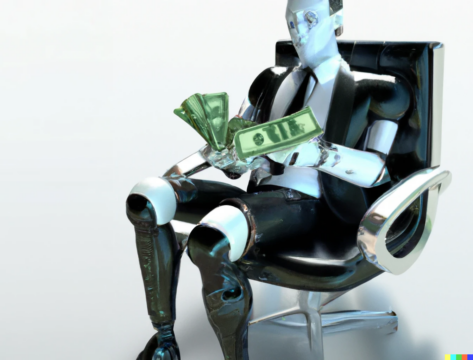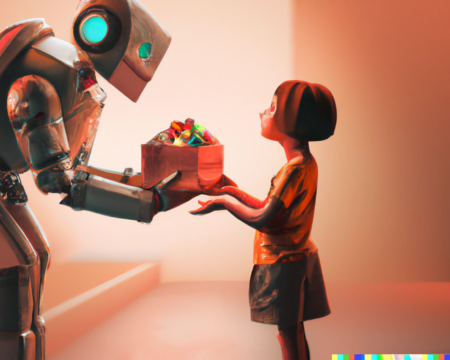Whether it is retail or cars, education or Customer Relationship Management (CRM), Artificial Intelligence (AI) is being molded into any service humans could desire. In the next five years, several untouched industries seem ripe for disruption from AI technology, especially areas where AI can be combined with other technology like data science and big data.
According to Marcin Kloda, VP of Hi-Technology at intive, a global product development company based in San Francisco Bay Area, spaces that predict required services based on human behavior will invite most AI attention.
The Autonomous Car Industry is Getting Smarter
“It’s a work in progress. Booking systems, especially travel, where how the person chooses vacations or business trips can take advantage of AI. The service can be improved by AI and service providers could create a profile of the traveler or users of such a system. Expedia Group (an American global travel technology company) and Kayak (a fare aggregator and travel metasearch engine operated by Booking Holdings) are working in these systems. They can make changes bringing in higher accuracy,” he says.
Developments in science have ensured technology replaces manual labor. Tractors came along to replace the plough, oxen, and horses. Cameras threatened the existence of portrait artists. Now, AI-based editorial tools are threatening to replace copy editors. Every time, people have feared losing their jobs and value. However, technology always opens up new areas for human application. Areas that we haven’t imagined yet. So, while some fear that AI will completely eliminate some businesses, Kloda doesn’t believe so.
“AI is a great tool to make things easier and more accurate, but its human aspect will always remain. Human beings are very intelligent. They have connected all senses, while adding something extra to them. There are some cases where AI will be very helpful, it will be managing processes that humans do. But there are some limitations,” he says.
These limitations will ensure the need for services for humans, who will continue to manage services that demand not just intelligence but sensitivity and human empathy as well.
“We might be less progressive in certain branches without AI. There are some simple decisions that might be taken by the machine but not by humans. At the same time, technology and other market sectors are growing. People can be educated and trained with new technology, which can be channeled into places that are developing and are highly in need of humans. I believe society to be flexible enough to move from one branch to other branches,” Kloda says.
Still, as we venture into the world of AI, we are bound to make mistakes. There will be bugs. What happens if those bugs are irreversible? Also, as the report, ‘The Malicious Use of Artificial Intelligence’, authored by twenty-six AI experts, says, like any other advancement in science, there can be malicious use of AI, for example, for faster hacking, propaganda, and automating terrorism. The use of regulations and compliance processes might have to be put in place especially for AI.
Amazon Go is Inspiring AI in Retail
Right now, only businesses with high levels of success are able to afford AI technology in their management and CRM activities for bettering their services. Does that mean only big businesses can afford to incorporate AI in their work? Kloda says that, like with every technology, AI too will one day spread to the masses.
“Twenty-twenty-five years ago, there used to be only one TV in every village. Now, everyone not only has TVs but also computers and mobile phones. It’s the same with AI. Right now, maybe all businesses are not able to possess this technology. However, in the future, as it spreads, it will also get affordable. Businesses will start incorporating AI, whenever it makes sense. Right now, small businesses don’t use it because, it’s too much. In the future, for sure it will be very accessible,” he says.
Disclosure: This article includes a client of an Espacio portfolio company












